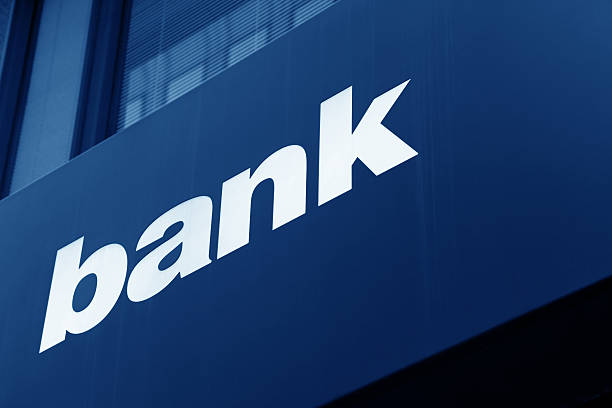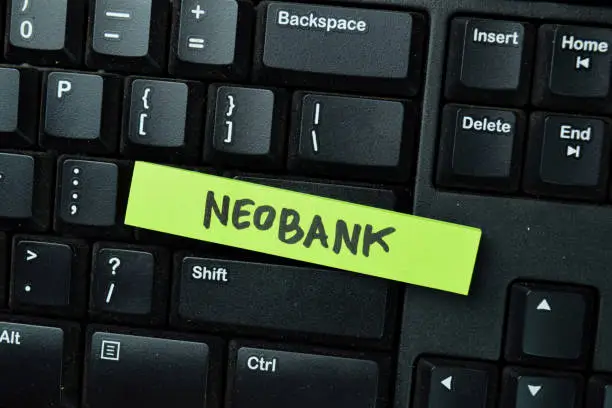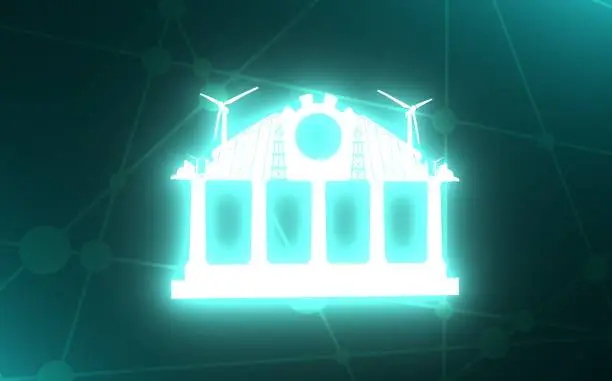The goal of ethical fintech companies is to offer banking services that promote justice, openness, and the common good in addition to being lucrative. The definition of ethical fintech firms, their significance, and several instances of how these businesses are altering our perception of money will all be covered in this article.

Ethical fintech startups
Startups in the financial services sector that prioritize offering services that help both people and society are known to be responsible fintechs. Creating financial tools that do more than just help individuals generate money is the foundation of these firms. They concentrate on:
- Transparency
Detailed information regarding the business’s operations and revenue-generating processes.
- Fairness
providing easily accessible and advantageous financial products to individuals from diverse backgrounds.
- Social impact
using their business strategy to assist in resolving ecological or social problems.
- Sustainability
Encouraging long-term progress as opposed to immediate financial gain.
The significance of ethical Fintech startups
The emergence of fintech has altered our financial practices. However, a lot of conventional financial services can occasionally be harmful, unjust, or opaque. Some banks and credit unions, for instance, have come under fire for exorbitant fees, subpar customer support, or environmentally damaging investments. Ethical fintech companies can help with this. They provide substitutes that emphasize doing good and finding solutions to issues.
The following justifies the significance of ethical fintech startups:
Reducing environmental impacts
Sustainability is the main emphasis of ethical fintech firms. They can promote ethical consumption or assist consumers in making investments that benefit the environment. Some firms also encourage eco-friendly financial decisions and green energy to lessen their carbon impact.
Building trust
The goal of ethical fintech businesses is to gain their clients’ confidence. Numerous conventional financial organizations have been the subject of controversies or complaints regarding their customer service practices. Integrity and consumer welfare are frequently given priority by ethical fintech businesses, which fosters confidence.
Improving financial education
To assist consumers in better understanding their money, ethical fintech businesses frequently provide teaching materials. This can contain information about investment, saving tips, and budgeting tools. These businesses give individuals information so they may make better financial decisions.
Examples of ethical fintech startups
Let’s examine some ethical fintech companies that are transforming the financial industry:
- Chime
Chime is a neobank, or internet bank, that seeks to give those who may not be able to traditional financial institutions easy, affordable banking options. They emphasize financial inclusion and the absence of hidden costs. There are no overdraft fees, minimum balance restrictions, or monthly repair expenses with Chime. They aim to simplify and minimize the cost of banking, particularly for individuals who are new to banking or have lower incomes.
- Aspiration
Aspiration is a responsible financial services firm that specializes in assisting clients in making morally and ecologically responsible financial decisions. They provide a “pay what is fair” banking approach, which lets customers decide how much to pay for their financial services. Additionally, Aspiration funds initiatives that advance social justice, environmental sustainability, and renewable energy.
Users may monitor the social and environmental effects of their spending with the use of their Aspiration Impact Measurement tool. Customers can make better decisions regarding where and how their money is being spent as a result.
- Kiva
Through the internet lending platform Kiva, anybody may provide microloans to business owners in impoverished nations. Kiva does not impose exorbitant interest charges, in contrast to conventional banks. Rather, it provides individuals in marginalized communities with the opportunity to create enterprises and enhance their quality of life.
Kiva’s moral philosophy emphasizes human empowerment and financial inclusion. Kiva assists individuals in breaking the cycle of poverty and bringing about good change in their communities by providing loans with low or no interest.
Challenges ethical fintech startups face
Even while ethical fintech companies are making significant progress, they still have some obstacles to overcome:
- Building trust
Many individuals still have doubts about fintech and might not have complete faith in these new businesses. Gaining the trust of customers might take time because many of them are smaller and more recent than conventional banks.
- Regulation
Fintech firms may find it difficult to comply with the strict regulations governing the financial sector, particularly when attempting to uphold moral standards.
- Competition
Large financial firms and traditional banks have a wealth of resources, so ethical fintech entrepreneurs must figure out how to compete without compromising their principles.
Conclusion
Ethical fintech companies are demonstrating that it is feasible to generate profits while simultaneously improving the world. They provide consumers with alternative banking services with an emphasis on social responsibility, justice, and openness. These firms are paving the way for a more inclusive and moral financial future by facilitating banking, assisting individuals with sustainable investing, and advancing financial literacy.
These fintech companies will keep expanding and spurring constructive change in the sector as more people realize how important making moral financial decisions is. Customers may contribute to creating a more equitable and sustainable financial environment for all by opting to support ethical fintech.
You may also find these articles helpful
Best ways to transfer funds from Canada to Africa
Advantages and disadvantages of Terra
The most interesting fintech startups





